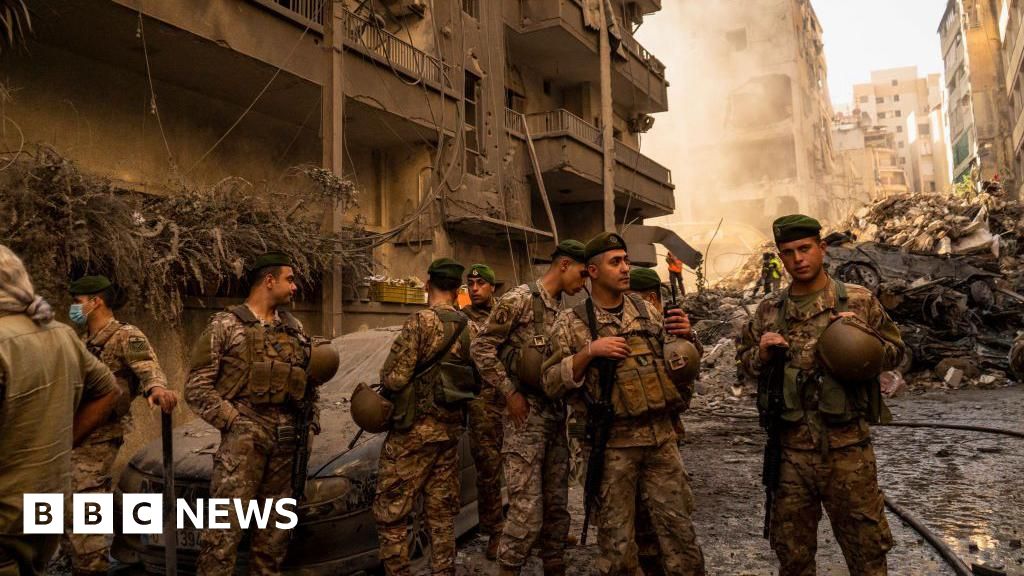Ministers are expected to vote on the deal during the meeting on Tuesday, according to Haaretz. Reuters news agency cited a senior Israeli official as saying the meeting was intended to approve the agreement’s text.
The news agency also reported four senior Lebanese sources as saying the US and France – a long-term ally of Lebanon – were expected to announce a ceasefire imminently.
According to Israel’s Channel 12, the possible deal includes:
-
A mutual ceasefire
-
An IDF presence in Lebanon for up to 60 days
-
The Lebanese Army replacing the IDF as it withdraws
-
No Israeli-occupied buffer zone in southern Lebanon
-
The US heading the five-country committee set up to monitor implementation of the ceasefire
-
The Lebanese government overseeing arms purchases and production in the country
In addition, the US would issue a letter recognising Israel’s right to attack Lebanon if Hezbollah is perceived to be in violation of the agreement.
Israeli Prime Minister Benjamin Netanyahu is said to have agreed to the deal “in principle”. The Lebanese deputy speaker of parliament, Elias Bou Saab, told Reuters that there were now “no serious obstacles” to a ceasefire “unless Netanyahu changes his mind”.
The French presidency said on Monday evening negotiations had “significantly advanced” and urged Israel and Hezbollah to “quickly seize this opportunity”.
“We believe we’ve reached this point where we’re close,” US National Security Council spokesman John Kirby said. But he added: “We’re not there yet.”
But Israel’s far-right national security minister, Itamar Ben-Gvir, spoke out against a ceasefire.
He said Israel should press on with the war until “absolute victory”, and, addressing Netanyahu on X, said: “It is not too late to stop this agreement!”
Lebanese authorities have said any ceasefire deal should be limited to the terms of United Nations Security Council Resolution 1701, which ended the 2006 war between Hezbollah and Israel.
The resolution includes the withdrawal of Hezbollah’s fighters and weapons in areas between the Blue Line – the unofficial frontier between Lebanon and Israel – and the Litani river, about 30km (18 miles) from the boundary with Israel.
Israel says that was never fully respected, while Lebanon says Israeli violations included military flights over Lebanese territory.

